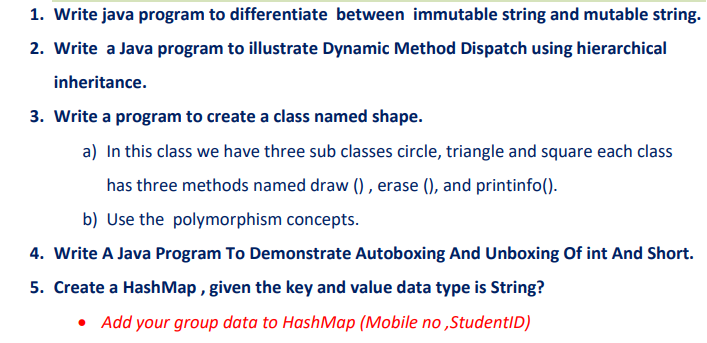Immutable Strings: A Trick Element in Ensuring Information Uniformity and Reliability
In the world of data administration, the importance of immutable strings can not be overstated. The principle of unalterable strings goes beyond plain technicality; it is a cornerstone in the complex web of data administration.
The Principle of Unalterable Strings
Immutable strings, a fundamental idea in programs, refer to strings that can not be modified when they are produced. Essentially, once a string value is appointed, any operation that appears to customize the string in fact produces a new string. This immutability guarantees information consistency and reliability in applications, as it prevents unanticipated modifications to the original information.
Advantages in Data Uniformity

Data uniformity is important in different aspects of software application advancement, consisting of database management, multi-threaded settings, and dispersed systems (Why are strings immutable in Java?). Immutable strings add considerably to accomplishing this consistency by avoiding information corruption due to simultaneous accessibility. In situations where numerous processes or threads interact with the very same information simultaneously, unalterable strings serve as a secure against race conditions and synchronization issues
Moreover, the immutability of strings simplifies debugging and screening processes. With unalterable strings, programmers can trust that once a string is established, it will remain unmodified, making it simpler to map the resource of errors and making certain that test instances generate consistent outcomes. This dependability in data managing eventually leads to much more stable and durable applications.

Applying Immutable Strings
Guaranteeing the immutability of strings calls for a thoughtful approach to their implementation in software program advancement. One key approach is to develop string classes in a manner that avoids modifications once a string things is developed. By making strings immutable, programmers can enhance information consistency and dependability in their applications.
To carry out immutable strings properly, developers need to favor developing new string items instead than modifying existing ones. This method ensures that as soon as a string is designated a worth, it can not be altered. Additionally, any type of operation that shows up to customize the string should produce a brand-new string with the wanted adjustments rather than altering the original.
Furthermore, using unalterable strings can streamline concurrency management in multi-threaded settings. Because unalterable strings can not be altered after production, they can be safely shared among several threads without the threat of data corruption.
Role in Reliability Assurance
In software program development, the usage of unalterable strings plays a critical role in making sure the dependability of information procedures. Unalterable strings, once Continue produced, can not be customized, making certain that the data they stand for continues to be consistent throughout the application's implementation. This immutability home gives a level of assurance that the data being refined will certainly not be accidentally altered, bring about unforeseen results or errors in the system.
By including immutable strings into software layout, developers can enhance the reliability of their applications by reducing the threats related to mutable data - Why are strings immutable in Java?. Immutable strings aid in protecting against data corruption or unintended modifications, which can be specifically critical when dealing with delicate details or when information stability is vital
Moreover, the use of go to the website unalterable strings streamlines concurrent handling, as numerous strings can safely access and share string data without the risk of one string changing the material while one more reads it. This aspect adds considerably to the overall integrity of the software application system, making certain foreseeable and consistent behavior in information managing operations.
Applications and System Integration
The smooth combination of immutable strings right into numerous applications and systems is essential for ensuring robust data consistency and reliability throughout diverse technical settings - Why are strings immutable in Java?. Immutable strings play a crucial duty in enhancing the integrity of data exchanges and interactions within facility software program ecosystems. By including immutable strings into applications, developers can alleviate the risks connected with data meddling, unauthorized adjustments, and unintentional changes, thus strengthening the overall security position of the system
In the context of system integration, immutable strings offer as a fundamental component for developing safe interaction channels and promoting smooth information transfers in between different elements. Their immutable nature makes certain that information sent between systems remains verifiable and the same, lowering the probability of incongruities or mistakes that can endanger the honesty of the whole system. Furthermore, unalterable strings can enhance interoperability between inconsonant systems by giving a standardized format for data representation, making it possible for more efficient data processing and exchange procedures throughout interconnected platforms. By adopting immutable strings in applications and system integration processes, companies can strengthen their information facilities and promote the integrity and uniformity of their details properties.
Conclusion
In conclusion, unalterable strings play a vital function in keeping information uniformity and dependability in various applications and system combinations. By making sure that strings can not be altered once produced, the honesty of data is preserved, lowering the danger of errors and disparities. Going Here Executing immutable strings can substantially boost the integrity of systems, inevitably causing even more accurate and reputable data handling.
